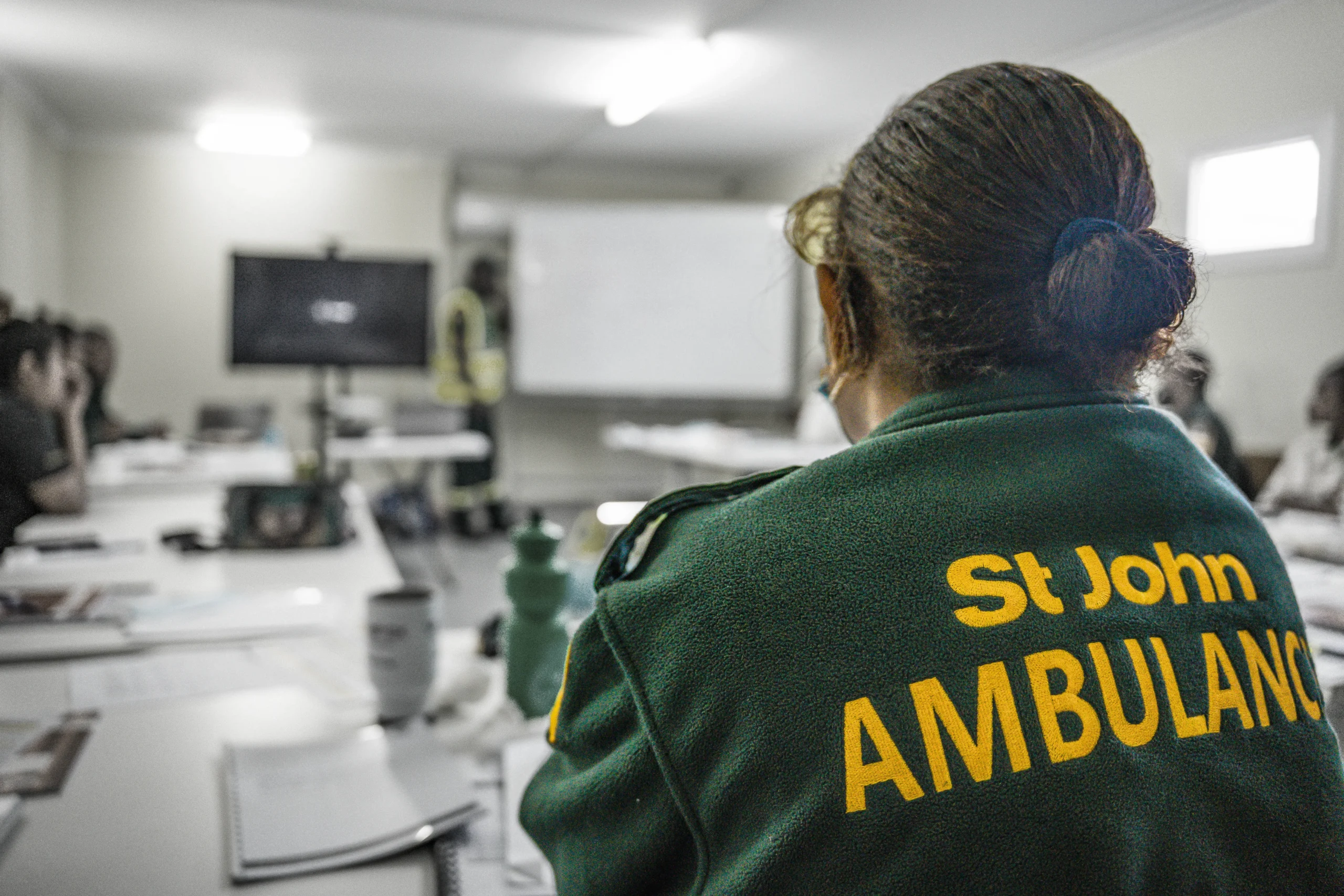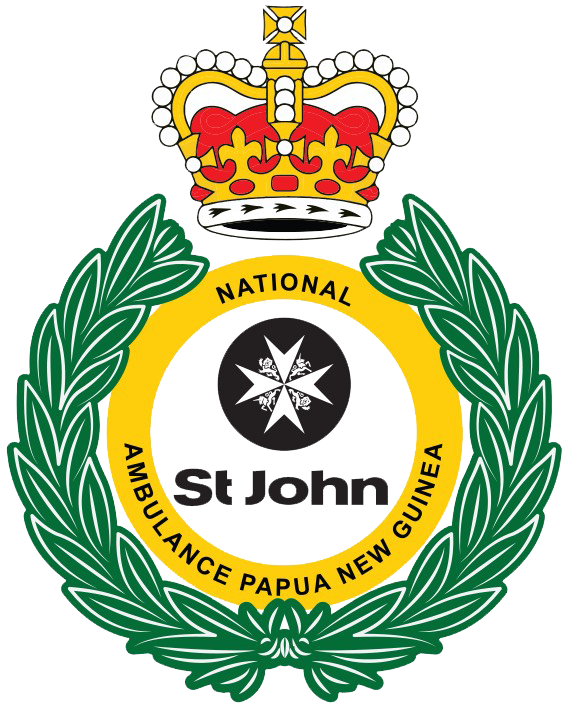
Quality & Data Reporting
Data Collection
The collection and management of data is integral to our operations. We gather a range of data through both paper and electronic ambulance patient reports. These reports capture pertinent information about each emergency response, including patient demographics, incident details, clinical assessments, and treatments provided. This dual approach ensures redundancy and reliability in our data collection process, allowing us to maintain accurate records even in areas with limited electronic connectivity.
Data Management
Our data management system is designed to handle vast amounts of information efficiently and securely. Electronic patient reports are stored in a secure, centralised database, enabling appropriate access for authorised personnel while maintaining stringent privacy and security standards. The data is used for various purposes, including clinical audits, quality assurance, and operational planning. By analysing this data, we can identify trends, measure performance, and implement improvements in our service delivery.
Public Reporting
Transparency is a cornerstone of our commitment to the people of Papua New Guinea and our stakeholders. To uphold this principle, we publicly disseminate ambulance activity statistics on a quarterly basis. These reports include key performance indicators such as response times, patient outcomes, and the number of incidents attended. By making this information accessible, we ensure that the public and our partners are informed about our activities and performance.
Data-Driven Improvements
The data we collect drives our continuous improvement efforts. By analysing trends and outcomes, we identify areas for enhancement in training, equipment, and procedures. This ensures we remain responsive to community needs and maintain high standards of emergency medical care.
Auditing Patient Reports
Ambulance patient reports at NStJA are regularly audited by doctors and senior health professionals. This review ensures care quality and accuracy. Experts provide feedback to staff, highlighting excellence and opportunities for improvement, fostering continuous professional development and enhancing emergency medical care standards.
